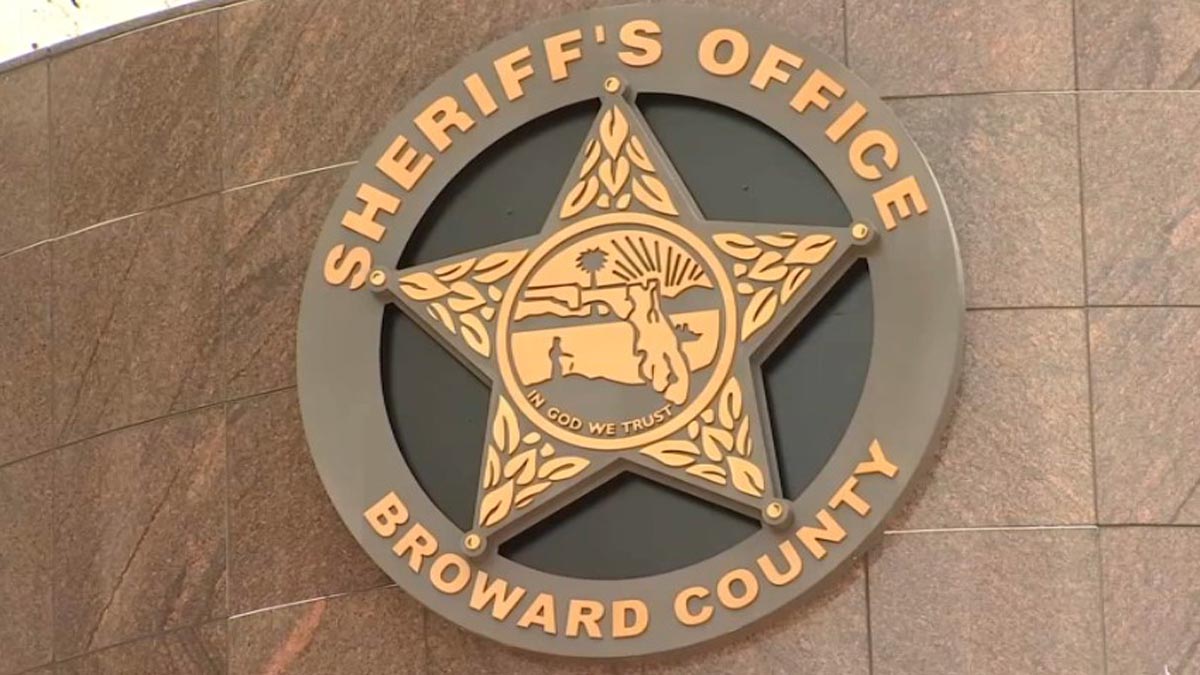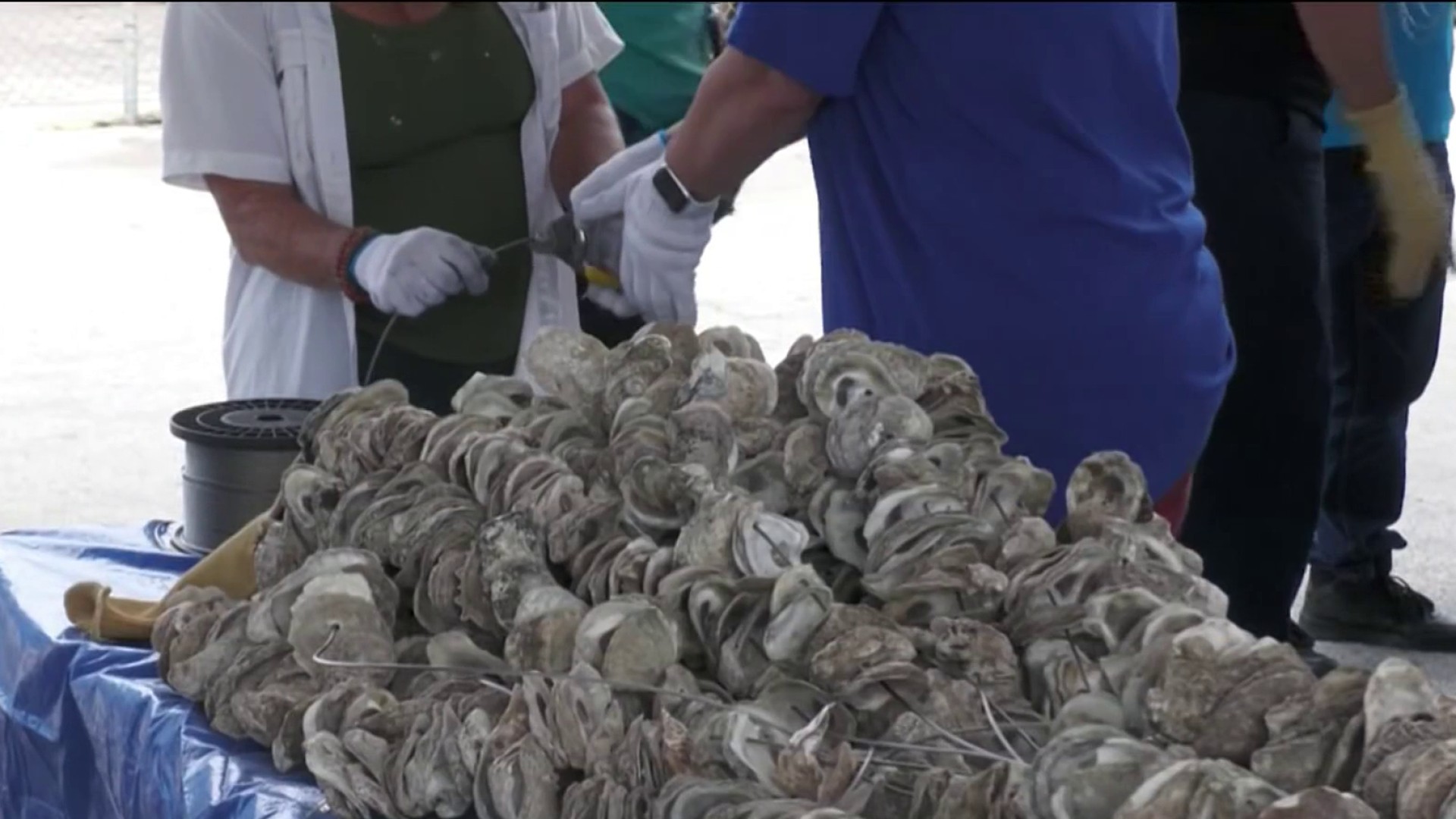Nearly two days after 20 tar balls were discovered floating in the waters off Key West prompting fears that the Deepwater Horizon oil spill may have already made its way to South Florida, Coast Guard officials have determined the tar balls are not linked to the spill.
Samples of the tar balls, discovered Monday by members of the Florida Park Service who were doing a shoreline survey in Fort Zachary Taylor State Park in Key West, were sent to the Coast Guard's Marine Safety Lab in Connecticut to try to determine their origin.
Word came early Wednesday that the oil found in the tar balls isn't consistent with the oil coming out of the Gulf spill.
Officials said they don't know the origin of the tar balls, but will continue to try to find and remove them.
But experts at the National Oceanographic and Atmospheric Administration said the oil has reached the Loop Current and should reach the Keys in about a week. So tarball watch continues.
"The conclusion that these tar balls are not from the Deepwater Horizon oil spill incident in no way diminishes the need to continue to aggressively identify and clean up tar ball-contaminated areas in the Florida Keys," Capt. Pat DeQuattro, commanding officer of Coast Guard Sector Key West, said in a statement. "We will continue to operate...until we have successfully identified any additional tar balls on the shoreline and completed cleanup efforts."
The appearance of the tar balls, which were between three and eight inches in diameter, raised concerns that the oil spill had already entered the Loop Current.
Scientists said Monday that the oil slick had moved onto the edge of the Loop Current, though BP officials said it was not technically in the Loop.
The Loop Current, which sweeps down through the Keys and back up the east coast of Florida could carry the oil as far as Cape Canaveral, scientists said, leaving oil behind in Palm Beach and possibly Miami and Fort Lauderdale.
Local
Once oil reaches the loop, NOAA Administrator Dr. Jane Lubchenco said it will take roughly 7-10 days to reach Florida waters, longer to reach South Florida. And even once the oil is in the region, it will take certain wind and current conditions for it to reach beaches and mangroves near shore.
Tar balls were found Tuesday on the beach in Big Pine Key and on Loggerhead Key in the Dry Tortugas National Park, adding to the fears and causing Governor Charlie Crist to speak out and caution locals and tourists from jumping to conclusions.
"Well, I'm concerned about it, I think as every Floridian is,” said Crist, during a stop Tuesday in Miami. "And I think what we need to do is be patient and cautious. We have taken those tar balls, shipped them to New Haven, Connecticut, for the Coast Guard to test.
"Give us an opportunity to see if they've actually come from Deepwater Horizon. We don't know that yet. but we're on top of it."
Now that they know the oil hasn't hit South Florida yet, business owners who depend on tourists coming to the region for the beautiful beaches and waters can breathe a small sigh of relief.
The Coast Guard is still asking the public to report any tar ball sightings to 800-424-8802.



